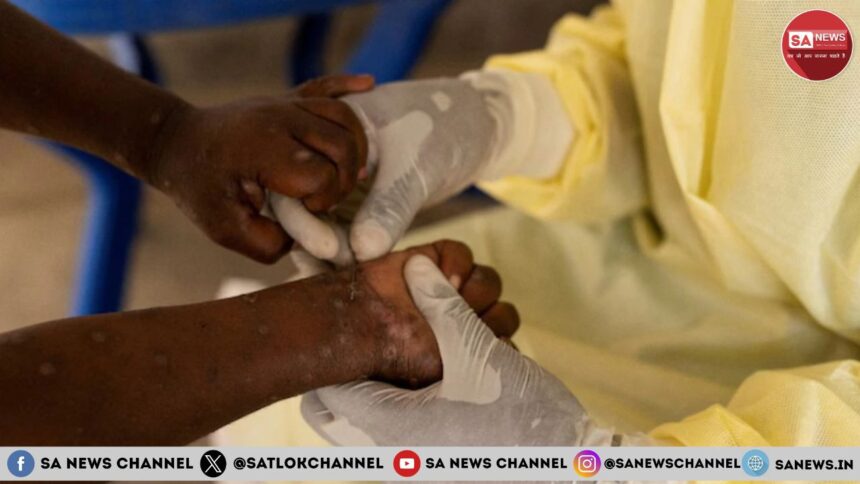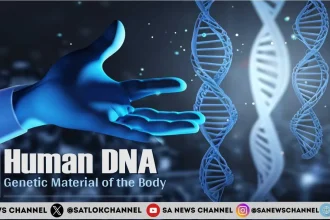In the past few months, Mpox or formerly termed monkeypox, has become a global issue, but the discrimination that any such disease brings along with it hinder the way out for Mpox as well. To that end, this article will lay down the basic truths regarding mpox and hope to eliminate misconceptions that have led to the stigmatization of the disease.
Some Facts about Mpox and How It Spreads
Mpox is an illness that is viral in nature, which is transmitted from animals to people directly. In the year 2022 outbreak, majority of the cases were contracted through physical contact with other people particularly those showing signs of the disease. Many of the cases were out of MSM, thereby creating a perception that mpox affecting only the MSM group of people. This misconception led to homophobia, misinformation, and discrimination of these people hence further stigmatization and marginalization of these communities.
Also Read: Mpox Outbreak: मंकीपॉक्स वायरस ने अफ्रीका में मचाया कोहराम, विश्वभर में है चिंता की स्थिति
It is important to stress that mpox is not sexually transmitted and everyone and people of any sexual orientation and gender can get it. The major avenues of transmission comprises touching other people, physical contact including sexual, contact with blood and other related body fluids and contact with facilities and objects. Contrary to many people’s idea that they can transfer BBP by touch, handshake, holding door handles, or touching any surface, this is not likely to happen.
Efforts Made towards Dealing with Geographical and Racial Prejudice
After its appearance in central Africa, mpox was routinely associated with African nations, which is also a seriously flawed approach to the geography of infectious diseases’ origins. A “International Journal of Environmental Research and Public Health”
article pointed out that, together with difficulties in vaccine procurement, stigma disproportionately impacts BSMM. The authors put much focus on the need to remove the stigma associated with the disease and the need to offer priority health services to the affected people for health equity and to help build medical trust.
Breaking Down Visible Stigmas and Misconceptions
The manifest symptoms of mpox including skin lesions and rash have continued to result to stigmatization and public humiliation. That is why such persons exhibit such symptoms and, consequently, people consider them suffering from bad personal hygiene or from unsanitary living conditions, which is a discriminating factor against the disease’s victims.
To these stigmas, WHO – World Health Organization has officially rebranded monkeypox as mpox towards the end of the year 2022 following racist and stigmatizing words that had been picked online as well as in different crews.
Have We Started Our Journey Towards Empathetic Consideration?
Reducing stereotyping is necessary for the health interventions to work well in the society. This begins with awareness that mpox is not only a vice that is associated with the lower part of the society, or a certain region of the world. Specifically from this passing literature, when we educate ourselves and others, value is added to the fight against this health crisis since we will possess the skills to ensure a healthy society.









